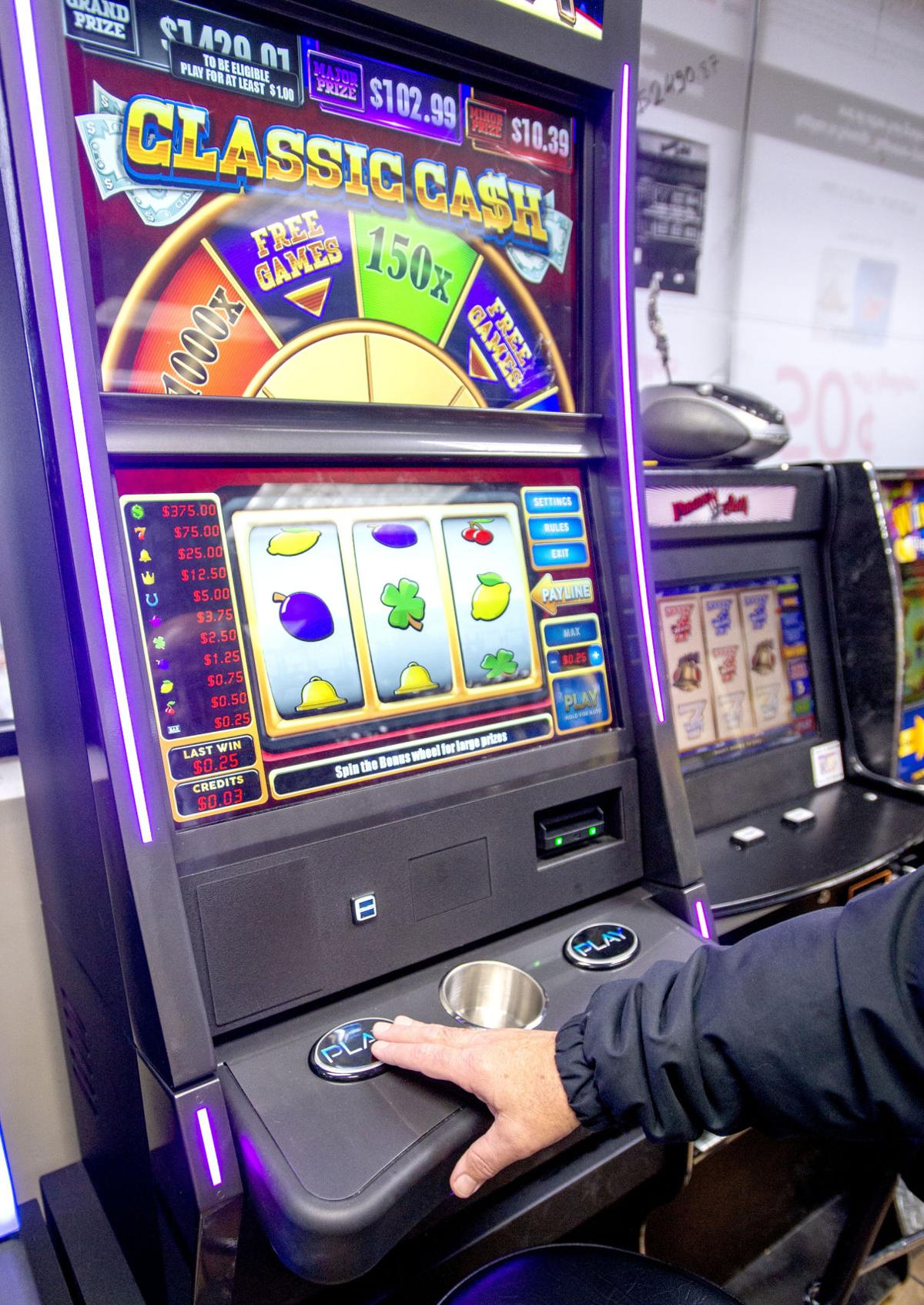Two Up Gambling Illegal
Gambling can be found everywhere from physical casinos to a multitude of online websites and apps.It is easier than ever to gamble in the privacy of home or on the go with a smart phone. It’s easy to place bets with PayPal, credit cards, bitcoin, or money-transfer apps. All of this ease has led to an increase in gambling addiction across the world.
At approximately 6 p.m., a multi-agency team served search warrants at numerous locations, resulting in the seizure of illegal gambling machines in Lancaster. The effort also resulted in several arrests. The effects of gambling addiction may range anywhere from a loss of money to suicide. Besides, they may ruin almost every aspect of life. For example, relationships, academic or office performance, self-image, self-esteem, behavior, and social responsibilities.
As of 2020, Nevada and Louisiana are the only two states in which casino-style gambling is legal statewide, with both state and local governments imposing licensing and zoning restrictions. All other states that allow casino-style gambling restrict it to small geographic areas (e.g., Atlantic City, New Jersey or Tunica, Mississippi ), or to.
Sep 17, 2017 The more complex forms of gambling were more appealing and 2 Up took a back seat. The illegal status of the game also put a number of players off. 2 days ago Honolulu Police carried out a search warrant on Tuesday evening on a suspected illegal gambling room in the Kapahulu area. A 54-year-old woman was arrested on two charges of gambling and a 34-year.
Gambling does not lead to a physical dependence like opioid drugs or alcohol, but it can destroy relationships, jobs, finances, and dreams.
Problem gambling can become a compulsive behavior and gambling can be emotionally addictive. Addictions to behaviors (as opposed to addictive substances) are known as “process addictions,” and, just like substance addictions, they require supportive treatment. Specialty rehab programs and support groups are available for people who struggle with gambling addiction. If you or someone you love struggles with gambling behavior, you are not alone. One look at the statistics behind gambling addiction reveal that this problem is prevalent… but treatment is available.
What is Gambling Addiction?
Gambling addiction begins once betting and gambling behavior causes distress, becomes habitual, leads to financial stress, disturbs everyday life functioning, or negatively impacts relationships. This condition (also known as compulsive gambling or pathological gambling) often leads people to experience an uncontrollable urge to engage in gambling despite the negative effects it might have in their lives.

Once gambling addiction has begun, the person who can’t stop betting may continue to chase the high of a big win, even if it involves continuous loss, lying, cheating, or even stealing to support the habit of gambling. In severe cases, it almost seems like the addicted person experiences a personality shift, but it is possible for a person to hide a gambling addiction and continue working and participating in everyday life, all while consequences build up behind the scenes.
Compulsive Gambling:
United States Gambling Addiction Statistics
The North American Foundation for Gambling Addiction Help reports that approximately 2.6% of the U.S. population has some type of gambling issue. That adds up to nearly 10 million people in the United States who struggle with a gambling habit. This issue adds up to approximately 6 billion dollars each year, which impacts the U.S. economy and citizens.1
Gambling costs American taxpayers. Public funding for problem gambling went up to $73 million in 2016, but despite those costs, gambling remains regulated by each state, and is not federally regulated. Ten states (and the District of Columbia) do not offer any publicly funded gambling assistance. These funding discrepancies mean that public treatment services can vary widely from state-to-state, and the level of care in publicly funded programs also varies greatly.2
The U.S. federal government has largely left gambling regulations up to each state, which means that gambling may be illegal where you live, or it may be advertised on every street corner, as it is in places like Las Vegas, Nevada. The result is a patchwork of awareness campaigns and treatment programs that vary widely in their responsiveness.
States that discourage or prohibit gambling tend to not offer awareness campaigns, and as a result, people who gamble through their phones or computers may be missing information about the dangers of gambling. Awareness of the problem is key to making changes for the better.2
Two Up Gambling Illegal Laws
Susanne’s Story
“There was only one remedy, according to my brain: change my seat and do it again and again until I became the big winner. I don’t have to tell you that I left the casino frustrated and with zero dollars in my pocket. In chasing [the] money I had lost, I went to the ATM, took another $200 from my bank account and lost that as well, all while chasing that high of winning.
“The regret, shame, and guilt all came to me instantly on the way home. The next day, I was already contemplating going back. I started thinking that I should forget about that unlucky day — I thought, ‘Today, it will be all different.’”
Two Up Gambling Illegal Immigrants
Read Susanne’s blog about process addictions and more at www.HeroesInRecovery.com

How to End Gambling Addiction
Gambling doesn’t only devastate individuals; it is a family issue. Because this particular problem directly impacts family and personal finances, family members who have gambling problems often hide their issue and feel a great deal of shame and secrecy. In severe cases, the problem may go undetected until finances become a major issue. Gambling can destroy relationships, but it is possible to rebuild trust and rebuild finances. No gambling problem has to be permanent. Help is available.
Integrated treatment for co-occurring disorders offers specialty treatment for problem gamblers. A co-occurring disorder happens when someone suffers from more than one problem, such as gambling and anxiety, or gambling and depression.
When you seek treatment that aids both concerns at the same time, healing can be more thorough and results will last longer.
Gambling addiction is often progressive in nature, so it is important to seek treatment as quickly as possible. Don’t let shame, embarrassment, or secrecy keep you from joining hundreds of thousands of people who are now living a better life. The only thing you need to get better is a willingness to accept help from others. It’s far better to invest in your long-term happiness and recovery than it is to continue down the financial path of gambling.
Contact Skywood Recovery today to learn more about your options for a better life. We are here to help and our confidential helpline, 269-280-4673 can offer solutions for a better life.

Two Up Gambling Illegal Poker
Sources
1 North American Foundation for Gambling Addiction. Statistics of Gambling Addiction. 2017.
See Full List On En.wikipedia.org
2 Nevada Council on Problem Gambling. 2016 Survey of Problem Gambling Services in the United States. 2016.